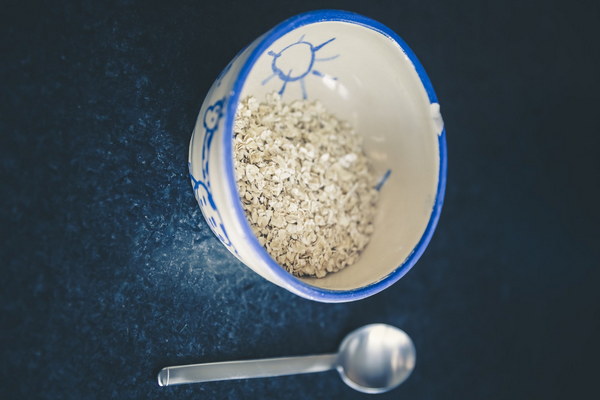Boost Your Lung Health with Pork Blood A Traditional Remedy Explained
In the realm of traditional Chinese medicine, pork blood has been hailed for its numerous health benefits, particularly for the lungs. This unique ingredient, often overlooked in modern cuisine, is believed to have the power to nourish and strengthen the respiratory system. Let's delve into the science and tradition behind using pork blood to enhance lung health.
Understanding Pork Blood
Pork blood, also known as xue hong in Chinese, is derived from the blood of a pig. It is typically coagulated and then used in various traditional Chinese dishes or prepared as a standalone health remedy. The pigment in pork blood, hemoglobin, is what gives it its dark red color and is also believed to be the key to its health benefits.
The Connection Between Pork Blood and Lung Health
According to Chinese medicine, the lungs are closely connected to the blood, and poor lung health can lead to a variety of issues, including respiratory infections, allergies, and asthma. Pork blood is thought to have the following benefits for lung health:
1. Enhancing Blood Quality: The hemoglobin in pork blood is believed to improve blood quality and circulation, which in turn can help support lung function.
2. Anti-Inflammatory Properties: Pork blood is said to have anti-inflammatory properties, which can help reduce inflammation in the respiratory system, thereby alleviating symptoms of conditions like asthma and bronchitis.
3. Nourishing the Lungs: Traditional Chinese medicine suggests that pork blood can nourish the lungs and improve overall respiratory health.
Traditional Pork Blood Remedies for Lung Health
There are several traditional ways to incorporate pork blood into your diet for lung health:
1. Pork Blood Soup: A classic Chinese remedy involves making a soup with pork blood, ginger, and other herbs. This soup is believed to help boost the immune system and improve lung health.
2. Pork Blood Congee: Pork blood can also be added to congee, a thick, creamy rice porridge, which is then cooked with ginger, rock sugar, and other ingredients that are thought to support lung health.
3. Pork Blood Paste: Another method is to create a paste by mixing cooked pork blood with rice, making it into small balls, which can be consumed like dumplings. This method is thought to be particularly beneficial for those with lung conditions.
Scientific Evidence and Modern Approaches
While traditional Chinese medicine attributes many health benefits to pork blood, scientific research is limited. However, some studies have suggested that hemoglobin, the pigment in pork blood, may have antioxidant and anti-inflammatory properties that could potentially benefit lung health.

In modern times, you can still enjoy the benefits of pork blood by incorporating it into your diet in moderation. Here are a few ways to include pork blood in your meals:
1. Pork Blood Dumplings: Use cooked pork blood to make dumplings, which can be a delightful and nutritious addition to any meal.
2. Pork Blood Stew: Prepare a hearty stew with pork blood, root vegetables, and herbs to enjoy a traditional meal with modern health benefits.
3. Pork Blood Salad: In regions where pork blood is commonly used, you can find creative salads that incorporate this unique ingredient, offering a burst of flavor and potential health benefits.
Conclusion
Pork blood, a traditional Chinese remedy for lung health, has been used for centuries. While scientific research is limited, the anecdotal evidence and traditional practices suggest that incorporating pork blood into your diet can have positive effects on respiratory health. Whether you choose to enjoy pork blood in traditional dishes or modern meals, it's important to consult with a healthcare professional before making significant dietary changes.









